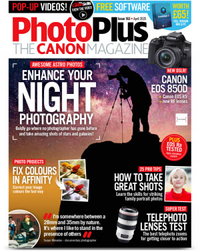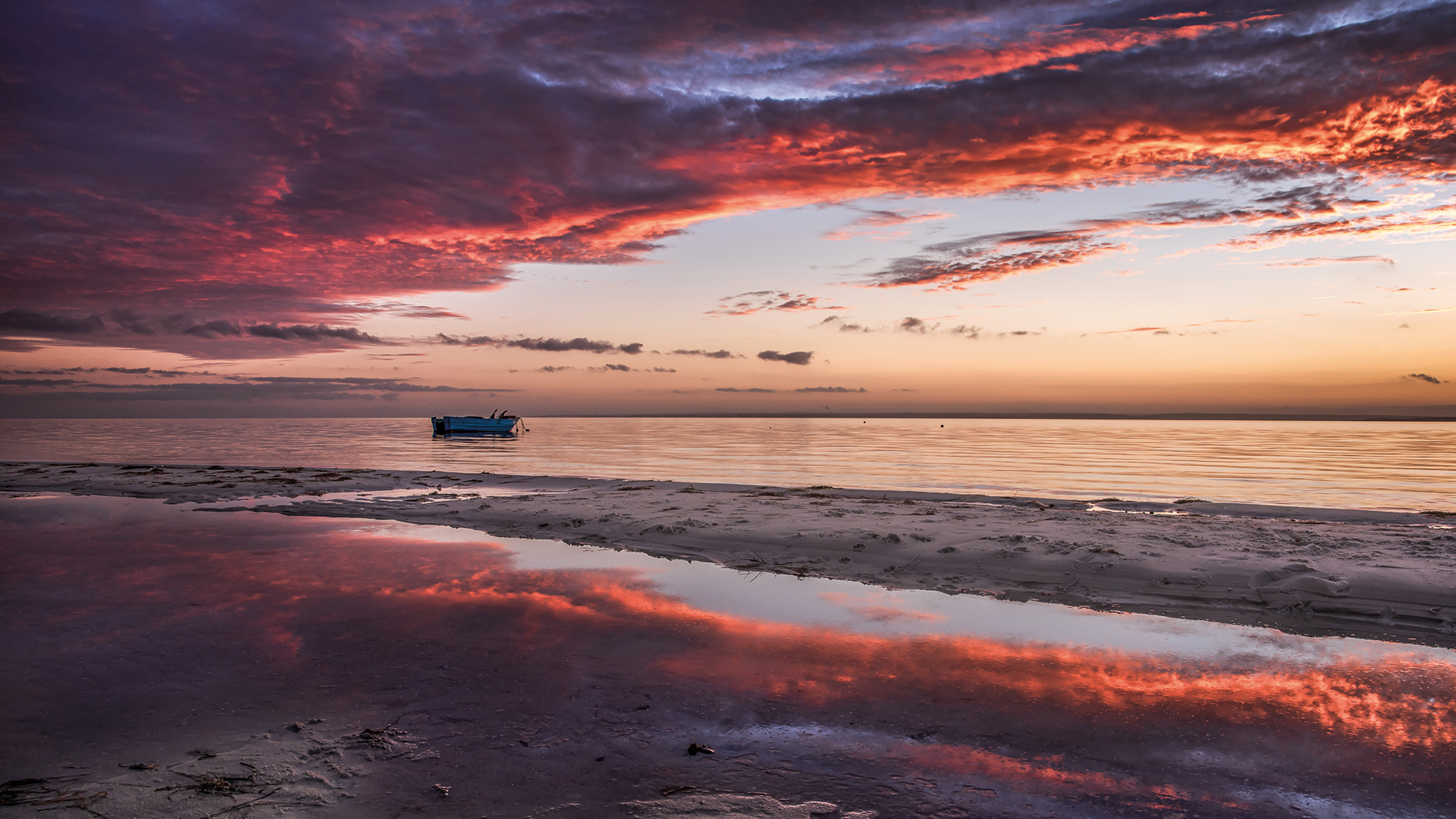
Making it as a photographer can be a tricky path to navigate, often requiring a diverse set of skills and multiple income streams, such as magazines, shooting stock imagery, photographing weddings, selling prints or NFTs, and even running your own workshops or offering tuition.
In our new series all about making money from your camera we cover all this and much more! Kicking off with our first part all about creating valuable editorial contacts at publishers and getting your work noticed by entering competitions.
• These are the best professional cameras
Sending your favorite images to a magazine or entering a competition is a great way to get your name out there when you’re trying to go pro. It pays dividends to have a good sorting system in place to organize your shots, adding the relevant copyright material, metadata and keywords in programs like Lightroom can be a godsend for editors looking for additional information when considering your shots.
Make sure you only submit your very best images, ensure that the focal point is pin-sharp, the depth of field is adequate and your exposure is good before sending your shots in, otherwise you could stick out in an editor’s mind for the wrong reasons!
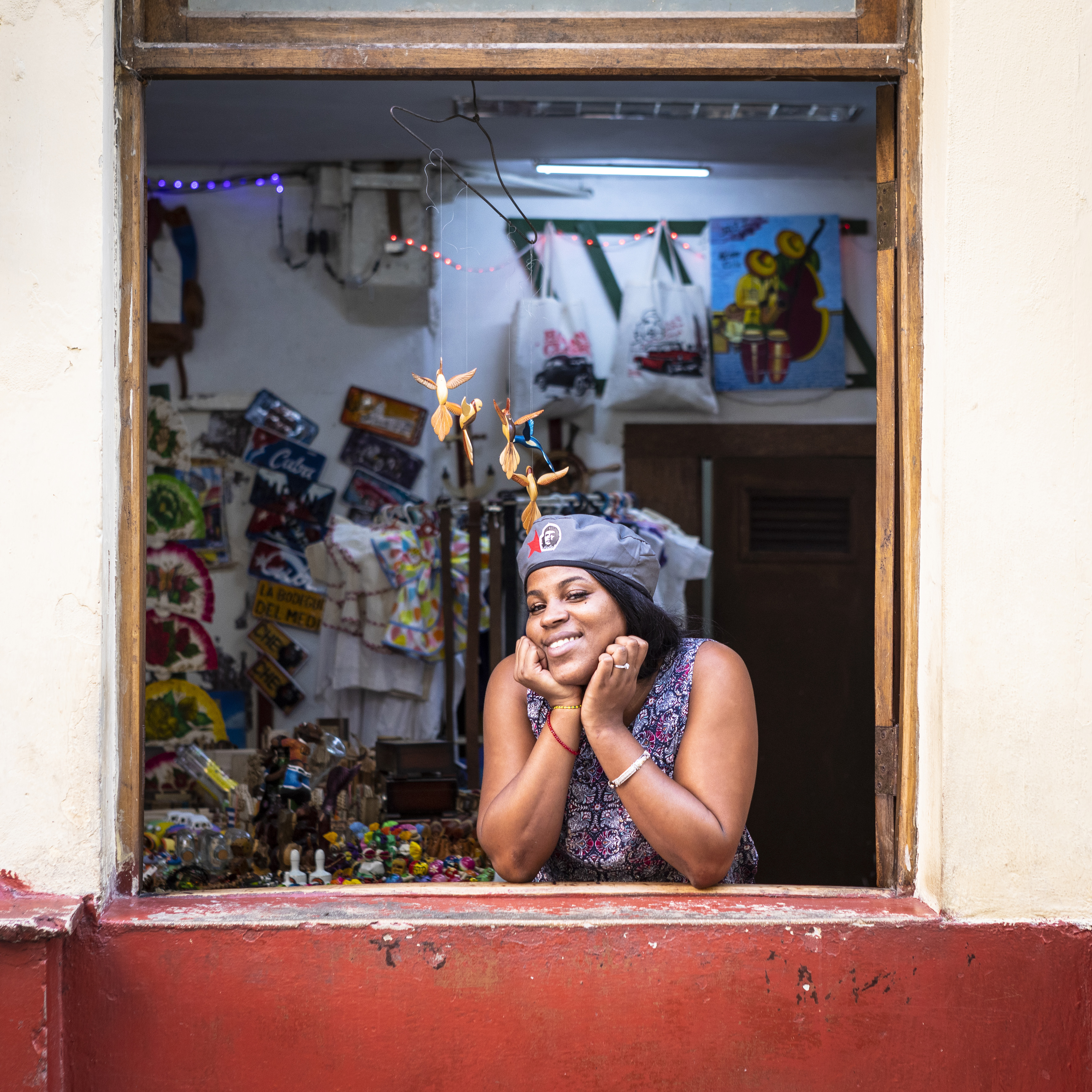
We reached out to professional travel photographer Kav Dadfar, author of more than 400 photography articles for his advice getting your work featured in magazines.
"As part of my degree in art direction, I also had to learn photography. After university, I worked in advertising for a while, so taking pictures remained a hobby until a year-long trip around the world inspired me to change my career.
"The early days were challenging in getting my work noticed by clients, so I just tried to learn as much as I could. I followed photographers whose work I admired, which helped me find my style and I focused on practicing to improve my work. This is key if you want to succeed in this industry as these days the competition is fierce.
"So your work needs to make you stand out from the crowd and a good portfolio certainly helps. You also need to get yourself noticed so network relentlessly. Email potential clients to introduce yourself, attend networking events and even trade shows to build up your contacts."
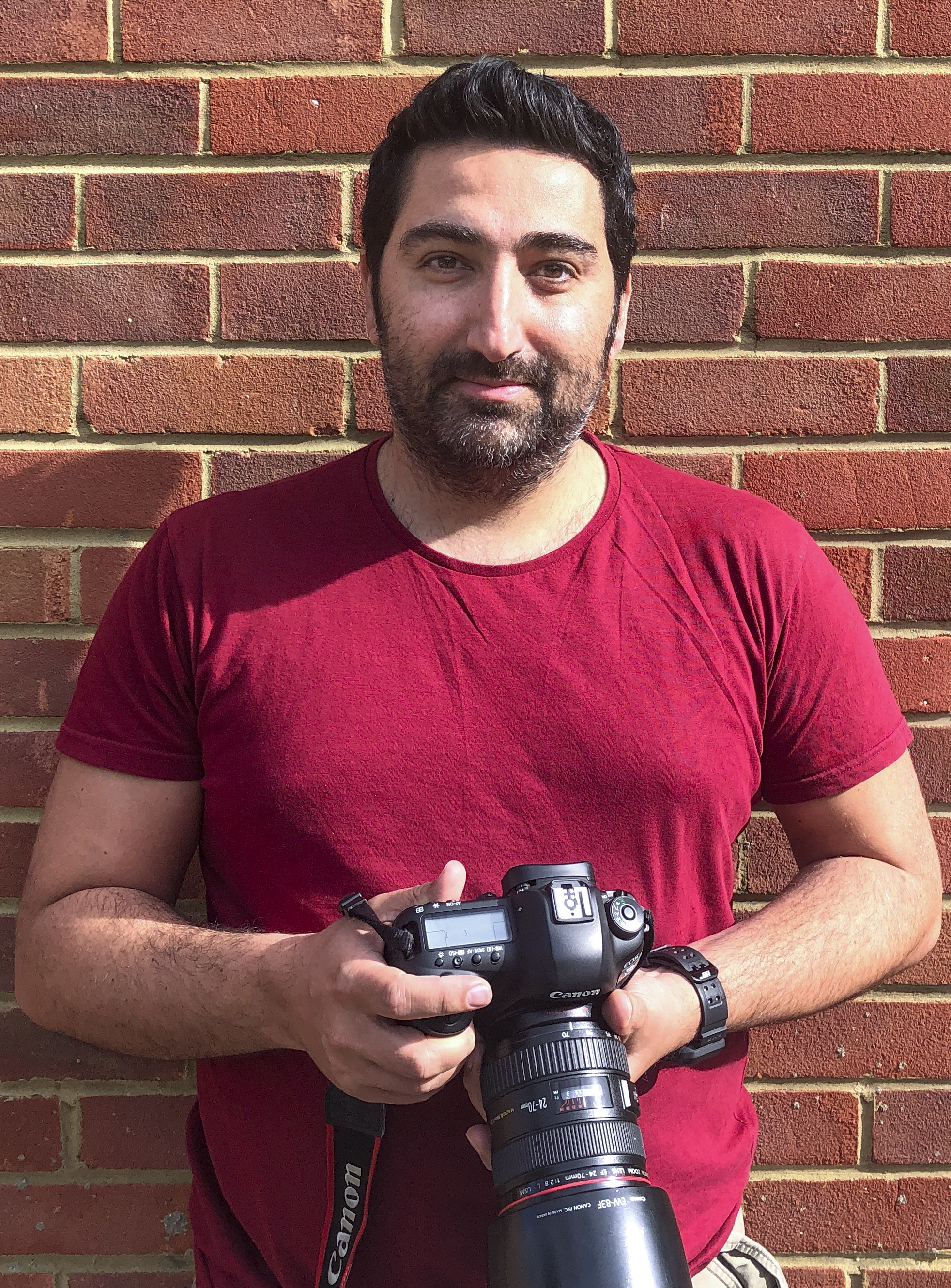
Get featured in magazines
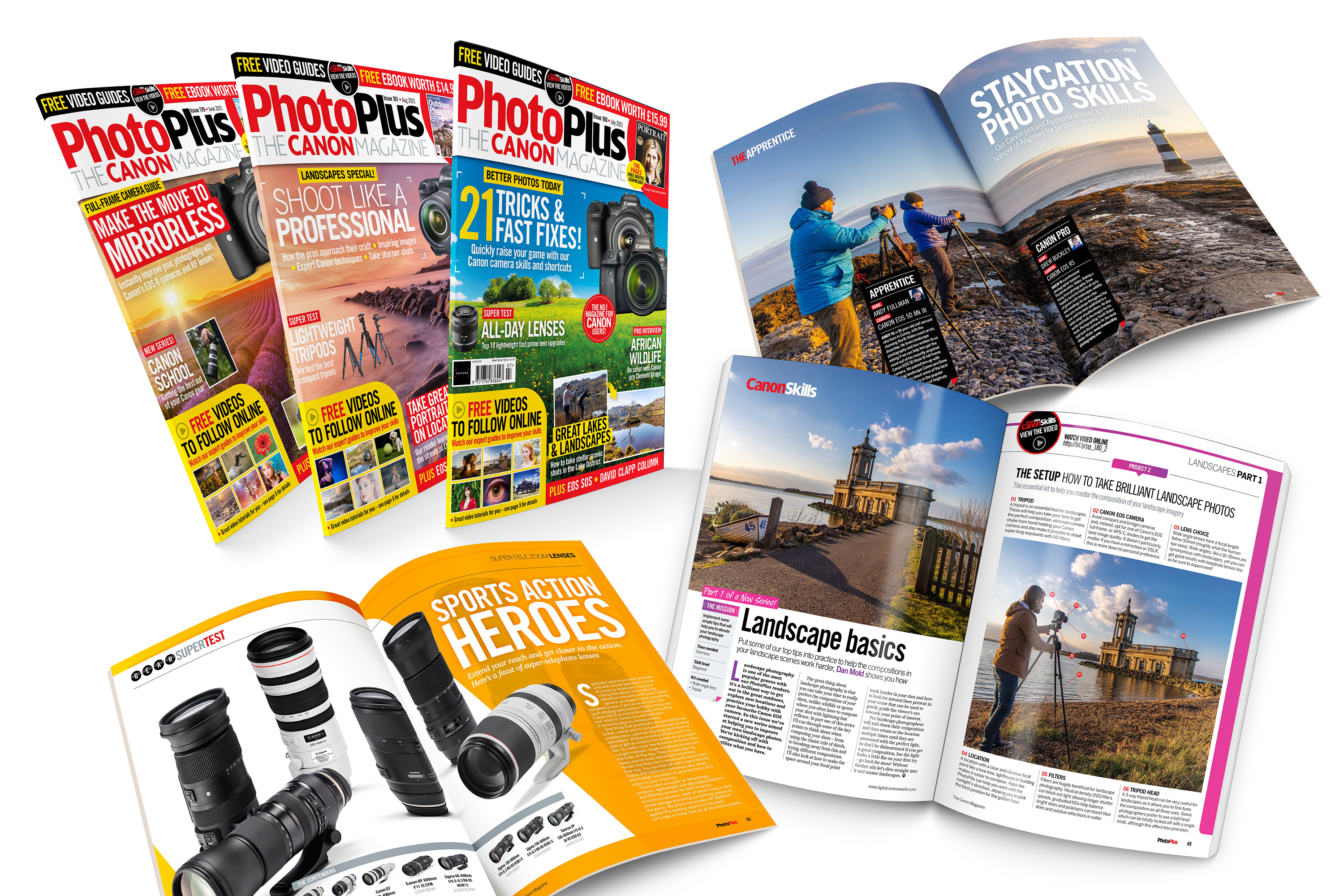
Getting featured in a magazine is a numbers game, so be sure to cast your net far and wide by submitting your shots to a variety of different magazines – however, make your email personal and your images relevant to each publication.
Don’t be disheartened if you don’t hear back instantly; due to seasonality, editors will likely sit on images for a while before deciding on a good time of year to run them, ensuring that it fits with their printing schedule. If you send autumnal images while in the full swing of autumn, editors won’t be able to run them until the following year, so send over seasonal images several months in advance.
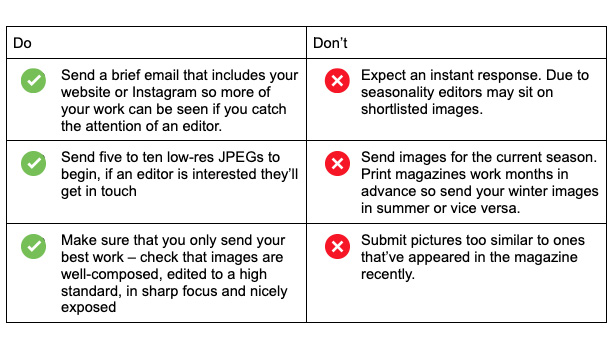
Once you’ve had some work featured you’ll have made some in-roads and valuable connections with those editors, and you can then start to submit ideas for articles. Being able to write to a high standard, as well as take decent photographs, certainly helps here.
Once they know your style and the type of images that you shoot they may even reach out to you from time to time when an opportunity to be featured comes up. Make sure your website, online portfolio and Instagram are up to date with correct contact details so they can get hold of you.
If you've got some amazing images taken with Canon cameras, for example, why not send them over to PhotoPlus: The Canon Magazine at photoplus@futurenet.com and you might just get featured!
Weigh up competitions
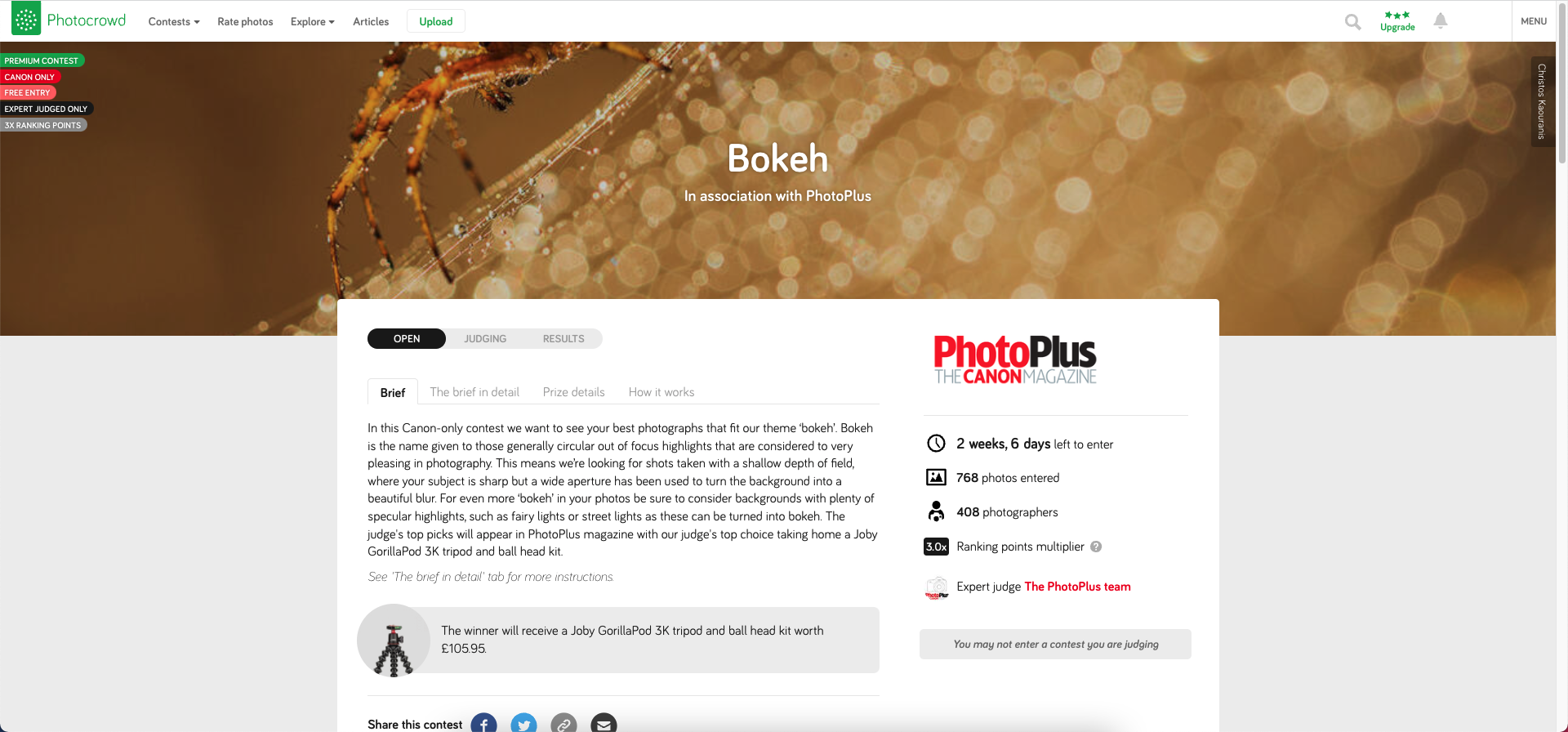
We might be stretching the idea of making a quick buck with this one, as an entry deadline may be a year away, but at least you can fire off an entry over a weekend and forget about it. Not all competitions offer money as a main prize, either, but those that do typically charge an entry fee.
Even if you don’t win, being shortlisted in a popular contest, like Wildlife Photographer of the Year, is a great marketing opportunity. Naturally there’s no guarantee you will be shortlisted, but if you don’t enter then you have no chance.
PhotoPlus regularly runs contests on Photocrowd and it's a great way for us to find and feature new contributors as well as feature some fantastic imagery from the contests that we run.
Use competitions as a tool to figure out over time what images work best and rank well. Again, don’t be disheartened if you’re not winning or being shortlisted right away; practice as much as you can with your camera to take the best possible shots and only submit images that you genuinely think have a chance of winning.
PhotoPlus: The Canon Magazine is the world's only monthly newsstand title that's 100% devoted to Canon, so you can be sure the magazine is completely relevant to your system.
Read more:
Best lens for portraits
Best camera for portraits
Photography tips
Canon EOS R5 review
Get the Digital Camera World Newsletter
The best camera deals, reviews, product advice, and unmissable photography news, direct to your inbox!
PhotoPlus: The Canon Magazine is the world’s only 100% Canon-focused title on the newsstand. Launched in 2007, for 14 years it has delivered news, reviews, buying guides, features, inspirational projects and tutorials on cameras, lenses, tripods, gimbals, filters, lighting and all manner of photography equipment.
Aimed squarely at enthusiast photographers who use the Canon DSLR or mirrorless camera systems, all content is tailored to Canon users – so everything from techniques to product tests are tailored to those using the EOS camera system.
Editor Peter Travers brings 14 years of experience as both a journalist and professional photographer, with Technique Editor Dan Mold shoring up the magazine with his 6 years of expertise.
